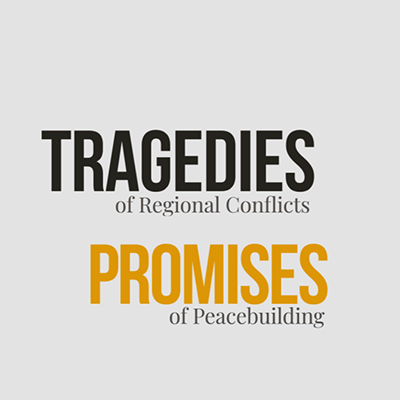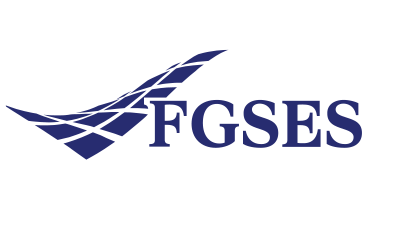
The ERF 30th Annual Conference aims to address the unprecedented regional challenges and to respond to the paramount global disruptors to envision a more resilient future, systems and institutions.
ERF conferences provide a multi-stakeholder platform bringing together thought leaders, distinguished researchers and policymakers to discuss and debate pertinent global and regional perspectives to build towards a more peaceful prosperous future for generations to come.
The MENA region has more than its fair share of conflicts, which set the region into a path of human suffering, despair and instability. The Arab-Israeli conflict has become an inter-generational impediment to regional peace, development and cooperation for almost eight decades. It has so far plunged the region into four major regional wars and several uprisings by the Palestinian people, who continue to resist occupation and strive for their legitimate right to self-determination and statehood. The most recent outbreak of the tragic violence in Gaza is a natural consequence of the lack of will and commitment by the regional and international communities to achieve a just and amicable resolution of the Palestinian question, leading to a two-state solution.
Moreover, the aftermath of the Arab Spring ushered the region into political instability, even large-scale civil wars in socially fractionalized Arab countries affecting both the Asian and African wings of the Arab world. Instead of propelling the region into a wave of national renewal, democracy and economic renaissance, the unintended consequences of the Arab uprisings have further aggravated conflicts and instability in the region.
The state of conflicts and instability degraded state capacity, government effectiveness and public policy, resulting in unsustainable macroeconomic imbalances, high indebtedness and disappointing growth performance.
Therefore, most economies of the region became exposed to the recent global shocks and associated crises - starting with the 2008-9 financial crisis, followed by the global COVID-19 pandemic, the rivalry between China and the United States and finally Russia’s invasion of Ukraine.
The impact of these crises has taken a toll on the region. This is clearly reflected in the debt-to-GDP ratios which jumped by 10 to 20 percentage points between 2019 and 2022 and are now above 80% for all countries. To aggravate matters, in 2020, the region’s real output contracted by 3.8%. The World Bank projects growth in MENA to decelerate to 3.5 percent in 2023 and to 2.7 percent in 2024.
The regional slowdown is mainly on account of a fading boom in net oil exporters where growth is expected to slow to 3.3 and 2.3 percent in 2023 and 2024, respectively, from 6.1 percent in 2022. This is also aggravated by the region’s rising ratio of interest payments to revenue, which has more than doubled over the past decade and is now close to four times the ratio in advanced economies.
As of November 30, 2023, more than 50% of low-income countries (LICs) globally are assessed by the IMF as being at high risk or already in debt distress. The debt crises made reviving investment and restoring growth impossible, while the sluggish growth has, in turn, contributed to the explosive debt dynamics.
Titled Tragedies of Regional Conflicts and Promises of Peacebuilding: Responding to Disruptors and Enablers of MENA Development Pathway, the ERF 30th Annual Conference plenary sessions aim to examine and assess policy measures to build towards resilient post conflict economic systems, balancing technology and future of work, and exploring prospects towards regional cooperation and strategic industry 4.0 partnerships.
In addition to the plenary sessions outlined in this document, the conference agenda will include some 18 sessions providing a platform for some 50 – 60 diverse papers spanning cross-cutting themes selected on basis of rigorous refereeing process in response to an open call for papers.
In keeping with ERF tradition celebrating excellence and unveiling outstanding performance, ERF Best Papers will be acknowledged in the Closing Plenary.



